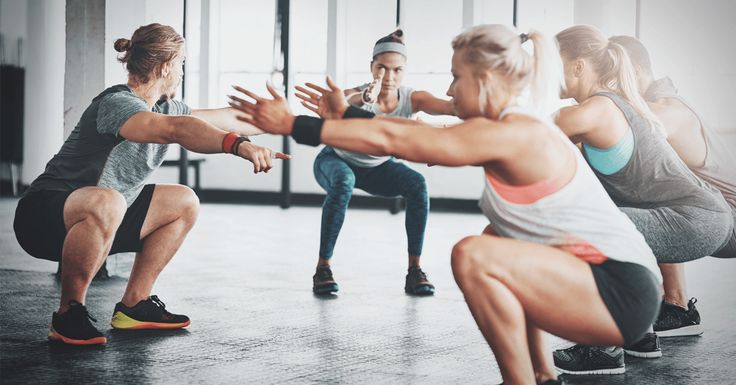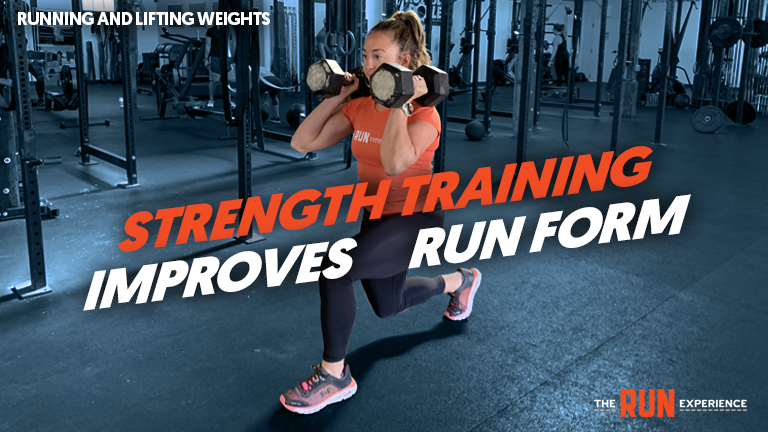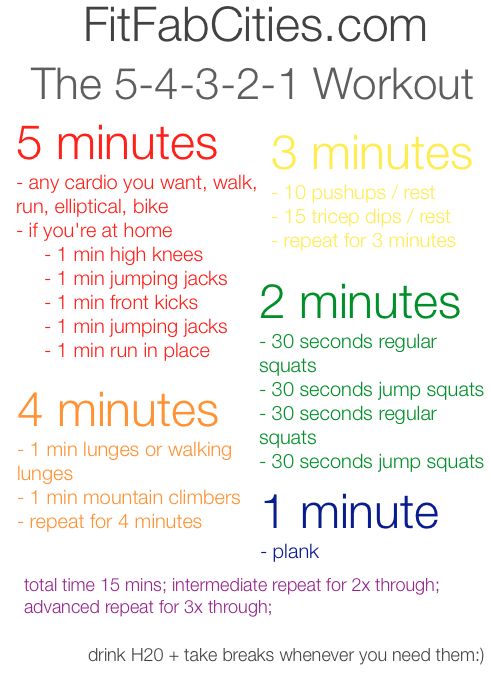
If you'd like to pursue a career in health and fitness, a bachelors in exercise science can help you do just that. This degree will educate you about nutrition and exercise, and how to do physical activities safely for people with certain conditions. Exercise science students also learn the science behind choosing the right foods, fluids, and supplements to fuel their bodies and achieve positive results.
Prerequisites
You should be aware that you need to have a bachelor's in exercise science if you want to pursue a career as a health care professional. This degree can give the academic background necessary to be able to enter any one of the many health care professions. These professions include occupational therapy, athletic training, or physical therapy. According to U.S. Bureau of Labor Statistics 2.4 millions new jobs are expected in the healthcare sector between 2029 and 2029. This growth trend is expected continue and will require qualified exercise science graduate.
The Bachelor's Degree in Exercise Science opens many doors to career opportunities. Graduates can choose to work in the areas of health and exercise training, sports nutrition and program management. These professionals might also work in rehabilitation facilities and medical offices. A bachelor's in exercise science is required to be able to work as a chiropractor, occupational therapist, or physical therapist.

Career prospects
The fitness and health industry offers many rewarding career opportunities for bachelors in exercise science. The fitness industry's growth is driven by a growing awareness of wellness and health. The fitness industry has generated more than $94 Billion in revenue in 2018. People who are knowledgeable about exercise and how to use them can reap the rewards of this growth. A bachelor's degree can give those who have a passion for exercise the education and training they need to continue their careers, or get certified in the field.
Exercise science is the study of the effects of stress on the body and physical activity. Professionals in this field are able to prevent and slow down the progression of health and fitness diseases, improve performance and even help people maintain optimal fitness levels. The courses in exercise science include kinesiology and nutrition. Students in exercise science programs also take courses in chemistry, biology, and anatomy.
Online programs
Depending on your educational goals, an online program can lead to a successful bachelor's degree in exercise science. Most programs are 120 credits long and require four years of completion. You can choose to take asynchronous classes, or an accelerated program depending on your program. Many careers in the field are expected to grow, with job growth of 13% in exercise physiologists and 39% in fitness instructors and trainers.
A degree in exercise science may not be as expensive as you think, especially when you consider the rising cost of higher education. Many scholarships, grants and assistantships are available to help students save money while they attend school. If you don't meet the criteria for financial aid grants, you can still apply for student loans to help pay for your education. There are many kinds of grants. These include those offered by colleges and health and wellbeing organizations, professional associations, government organizations, and even government. Grants do NOT have to repay and can be used to fund your education. Our guide to online programs includes more information about scholarship and grant opportunities.

Cost
An excellent option for a career as an exercise scientist is to earn a bachelor's level in this field. You can also earn this degree online. However, it is better to go to a campus nearby for lectures and other requirements. Students who live near many programs may also be offered internships. Accredited schools are more prestigious and offer higher quality education. In addition, an unaccredited school can prevent you from receiving financial aid or transfering your credits.
Online programs are available from the University of Kansas' Bachelor of Applied Science Program in Exercise Science. Coursework is focused on human movement and functional modifications to the body. This program is a great choice for students in pre-health or pre-med who want to get into the fitness industry. The program's experienced faculty teaches the students through a hands-on approach. Applicants are required to pay a $55 application fee and must meet the admission requirements for the program.
FAQ
When I exercise, should I consume alcohol?
Consuming large quantities of alcohol can cause you to gain weight. A moderate amount of alcohol, one drink per day, may be beneficial for endurance during exercise. It may also reduce fatigue from exercise and muscle aches.
What happens if I don't get enough sleep?
You can't get enough sleep and your brain will not be able to regulate hormones and chemicals responsible for controlling appetite and metabolism. As a result, you may overeat and gain weight. You may also feel stressed, which can lead you to overeating.
Are there any exercise I shouldn’t do?
You should always consult with your doctor before starting any new workout routine. You may have injuries or other medical conditions that prohibit you from exercising in certain ways. Certain activities require special equipment and training. Swimming, for example requires a swimming suit and access to the water.
What Does Nutrition Do for Your Body?
Your body can function properly if you get the proper nutrition. It is important to eat a balanced diet, rich in fruits and veggies, lean proteins, whole grain, and healthy fats.
How many hours of rest should I get each evening?
The amount of sleep that is recommended for each individual depends on their age, gender and needs. Most adults need 7 to 9 hours of sleep per day. Teenagers and children need approximately 10 hours of sleep per day, although this number decreases with age.
Statistics
- In high-income countries, 26% of men and 35% of women were insufficiently physically active, as compared to 12% of men and 24% of women in low-income countries. (who.int)
- An estimated 110,000 deaths per year could be prevented (cdc.gov)
- According to the Centers for Disease Control and Prevention, chronic diseases cause 7 out of 10 deaths in the U.S., and treating chronic diseases accounts for 86% of U.S. healthcare costs. (mana.md)
- Globally, 28% of adults aged 18 and over were not active enough in 2016 (men 23% and women 32%). (who.int)
External Links
How To
How to Lose Belly Fats More Fast
Belly Fat is often considered a problem for those who want to lose weight. It's actually a good thing, in fact. Your organs are protected by the fat around your stomach. So let's see how to burn belly fat fast.
The main factors that lead to body fat storage are stress and lack exercise. Stress makes us feel hungry constantly because it stimulates the production of the cortisol hormone. Cortisol is responsible for an increase in insulin levels. The excess calories stored as fat are then stored by insulin. An increased appetite can be caused by a lack of sleep. These extra calories can be broken down by exercising.
There are many ways you can reduce belly fat. Any one of these can be tried, depending on how much you have to spend. These are some great tips to help you lose belly fat fast.
-
Reduce the amount of food you eat. You should eat smaller meals throughout the day than you would if you ate three big meals. This will result in fewer calories.
-
Drink plenty of fluids. Water flushes out toxins, and keeps your body hydrated. Drinking water before meals will help you feel fuller for longer, so you don't overeat.
-
Avoid unhealthy snacks. If you're looking for quick fixes, snack foods like chips, cookies, candies, etc. These tempting snacks might look appealing. These sugary treats have lots of empty calories so avoid them. Choose healthy alternatives like fruits and vegetables, nuts, seeds, whole grains, and seeds.
-
Do strength training exercises at least three times per week. Strength training increases muscle mass, which can help you burn more calories while still resting. Strengthening your bones, muscles as well ligaments, joints, tendons, heart and lungs.
-
Walking or stretching is a good habit to do regularly. Stretching is a great way to increase flexibility and mobility. This helps reduce back pain. Walking is great for burning calories.
-
Reduce alcohol intake. Reduce alcohol intake. Alcohol is a waste of calories and has no nutritional value.
-
You can lose weight slowly. Your current weight is the first step to losing weight. Calculate your ideal weight by adding approximately 5% to 10% of the total weight. Once you have determined your ideal weight, you can start to reduce your calorie intake by 500-1000 calories per day until you reach it.
-
Avoid processed foods. These foods have high amounts of salt, sugar, and preservatives. Processed foods are often very convenient but don't provide enough nutrients to keep you healthy.
-
Don't skip breakfast! Consuming breakfast increases concentration, memory and energy levels. You should have protein (such as eggs) and fiber (such as oats) for breakfast.
-
Have regular bowel movements. Constipation or irregularity can lead to gas and bloating. You can prevent this by drinking lots of water and increasing your fiber intake.